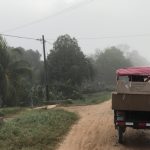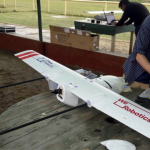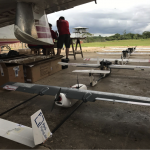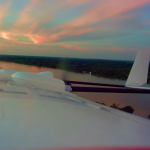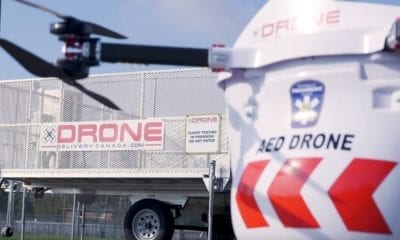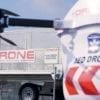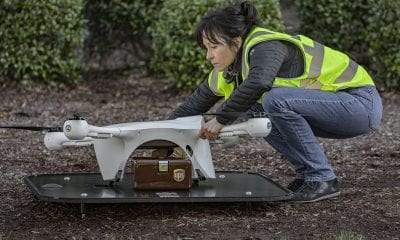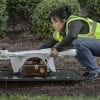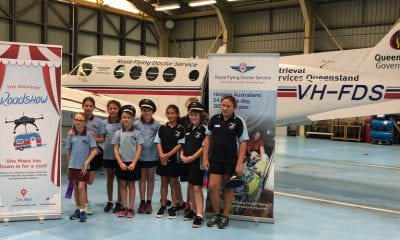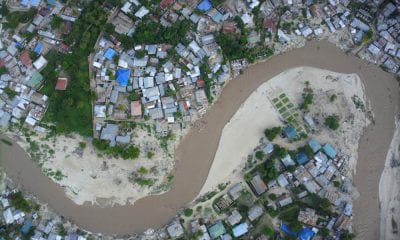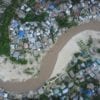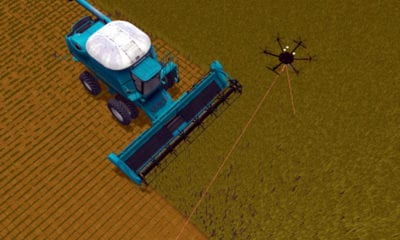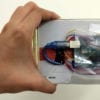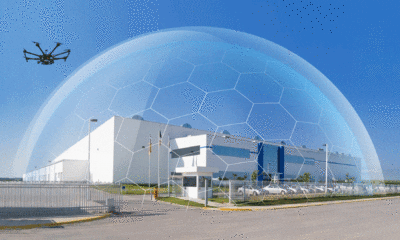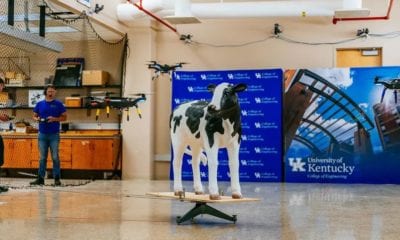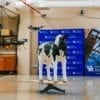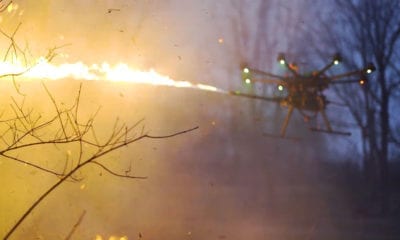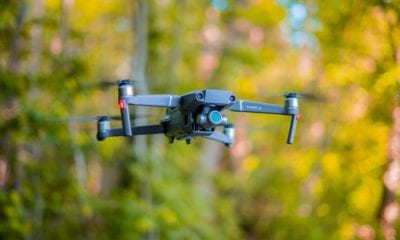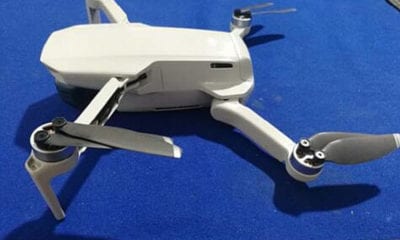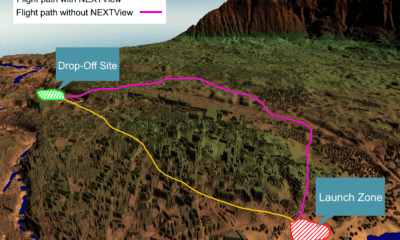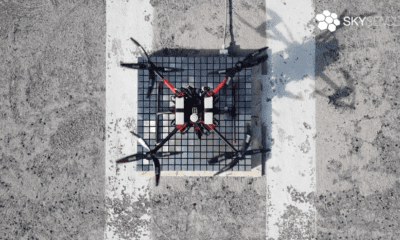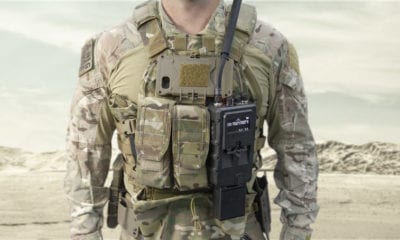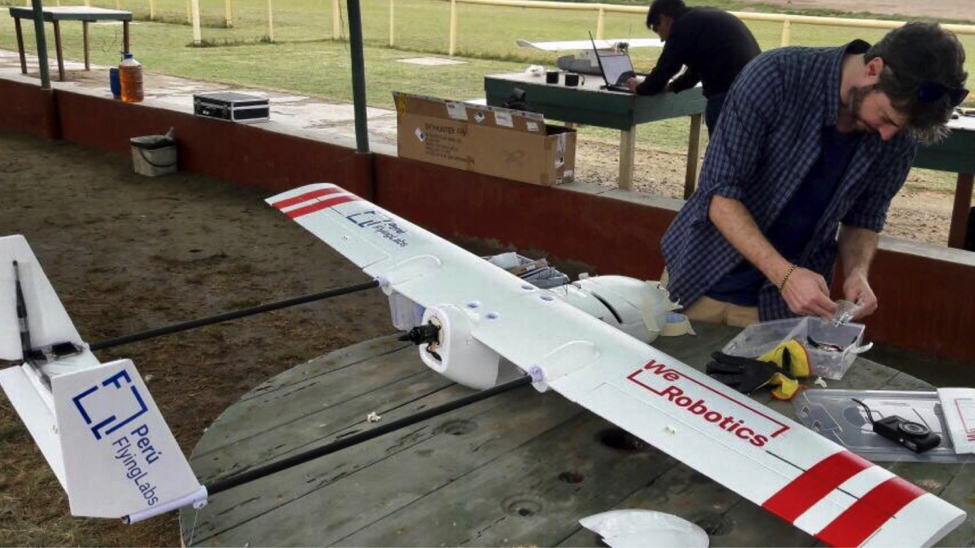
News
WeRobotics Field Tests Medical Cargo Drones in Amazon Rainforest
WeRobotics Field Tests Medical Cargo Drones in Amazon Rainforest
This year in June, WeRobotics along with the Peruvian Ministry of Health and Becton, Dickinson and Company (BD – a leading medical technology company) field tested several affordable cargo drones in the Amazon Rainforest. Most of the flights were conducted by Peru Flying Labs and UAV del Peru.
The tests flights were carried out over a period of a fortnight wherein several fixed-wing and hybrid drones were tested. These were made to carry medical essentials including diagnostic tests, medications, blood samples etc. the distances these drones were made to fly ranged between 2 to 126 kilometers. These tests were the final runs of the 40 flights that the Peruvian Ministry of Health carried out with WeRobotics between December 2016 and February 2017.
BD explored the challenges in making healthcare related deliveries in this region. They found the problems faced by the local communities in obtaining essential medications and diagnostic tests. Many patients travelled miles and mils to access basic health care they noted. Lives could be saved if medical supplies could be delivered remotely. Not only medical supplies, the drones could also carry patient samples including blood and other body fluids for testing at better equipped centres they added. They also noted that Pucallpa Airport nearby often needs to delay their flights due to the dense fogs that make deliveries impossible. The fogs however had no effects on the cargo drones unlike the manned-flights that carried medical supplies. All drones however followed drone regulations as required by the Peruvian Aviation Authorities.
- Fleet of Cargo Drones Tested in the Amazon
The test runs also evaluated the performance of the drones while making them affordable. Cargo drones usually cost around 10,000 USD and this makes them a difficult proposition in the Amazon Rainforest. Not only budget allocation problems, the expensive drones also require better infrastructure than less sophisticated ones. Thus the drones used for the test flights were locally assembled in Lima in association with the Peru Flying Labs. They labs tested them before they were allowed testing over the Amazon. These drones can be repaired locally and are also affordable to the local communities.
Among the tests flights, 93% were declared a success. Only 3 flights failed after a short take off. These were deemed controlled failures rather than technical faults. Telemetry, weather data and flight statistics are available for public perusal announced the company.

